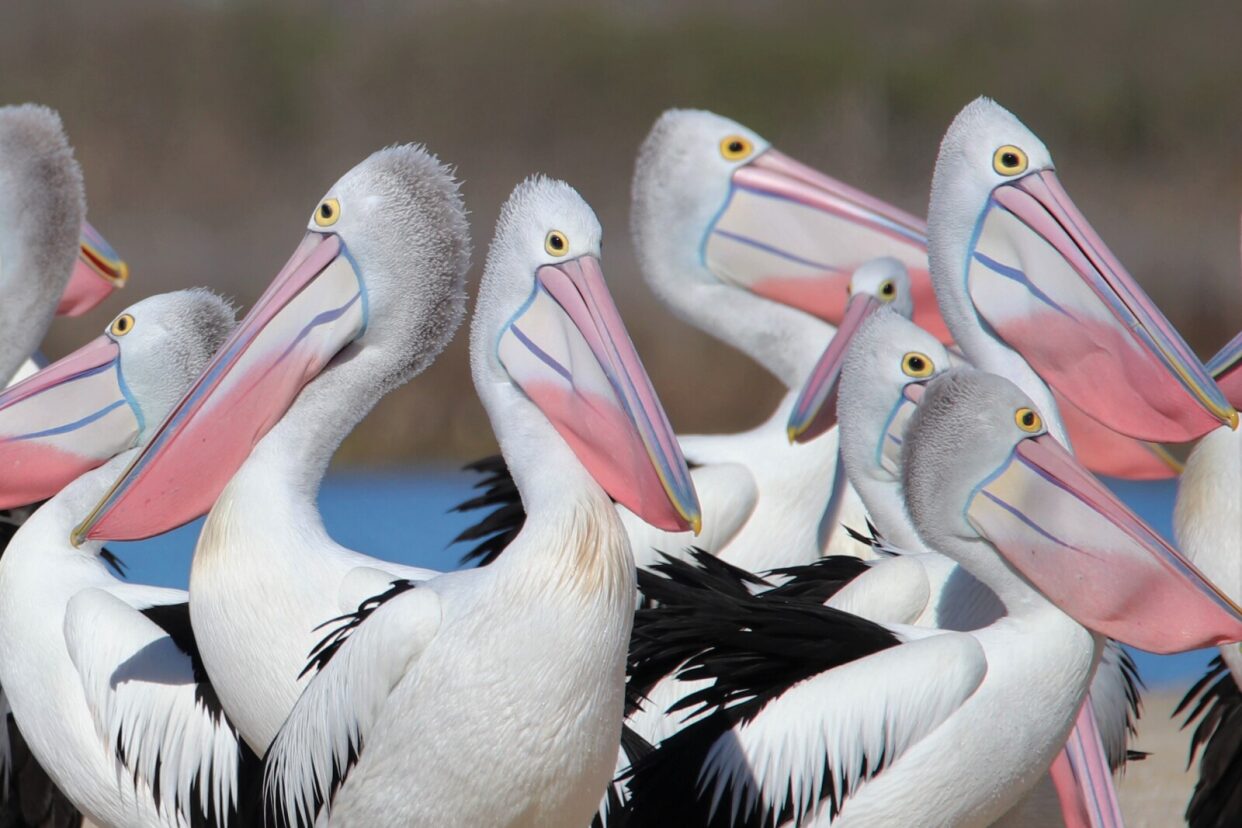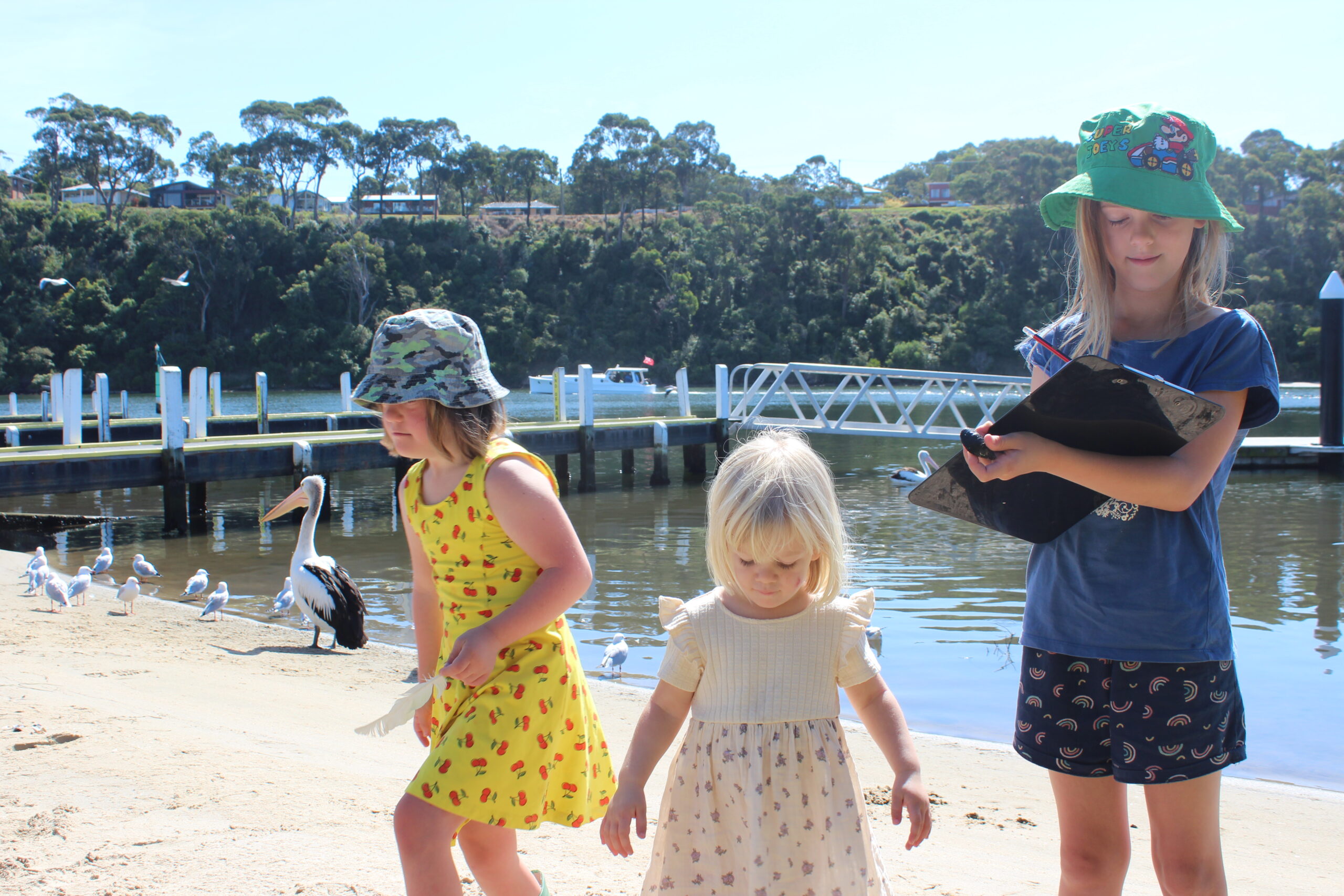Great Borun (Pelican) Count on again!
Everyone is invited to join BirdLife Australia’s Great Borun (Pelican) Count 2024 on Sunday 24 March across the Gippsland Lakes and contribute to the bigger picture of understanding and protecting these iconic birds.
The annual citizen scientist event is when people of all ages and abilities take 30 minutes out of their day to survey pelicans at various sites across the Gippsland Lakes and fringing wetlands – all at exactly the same time: 11.30am – 12pm. Registrations are currently open and close on Friday 15 March.
Now in its sixth year, the count is an easy way for the community to unite to count the iconic Borun (pelicans) from the land, kayaks and boats at nominated locations.
This year will once again also include counts from the Mallacoota area. Results collected at each site contribute to the bigger picture of understanding the pelicans of the Gippsland Lakes and their ongoing conservation.
“I love seeing the community embrace the Borun (pelicans) and the count so enthusiastically. said project coordinator Deb Sullivan, East Gippsland Conservation Coordinator for BirdLife Australia.
“The event is a great way for individuals, friends, and families to be involved in citizen science. Results record changes in the population to help us better manage and protect these birds.”
“Like our human census, the Great Borun (Pelican) Count takes a snapshot survey of just 30 minutes at various sites across the Gippsland Lakes, Mallacoota and fringing wetlands – it is a record of who is home and what is happening at that point in time.”
“We encourage everyone to get involved by signing up for a monitoring site. Make an afternoon of it by packing a picnic so family and friends can get out and enjoy the beautiful lakes and environment.”
All counters need to register online by Friday 15 March to be allocated a location and receive all the details you need.
Borun the pelican is the father of all Gunaikurnai, the Traditional Owners of the Gippsland Lakes.
This project is part of a $248 million investment by the Victorian Government to improve the health of waterways and catchments across regional Victoria. Of this, $7.5 million is being provided to improve the health of Gippsland Lakes over three years (2021-2024), through support to the Gippsland Lakes Coordinating Committee and for the delivery of on-ground works and community engagement.


